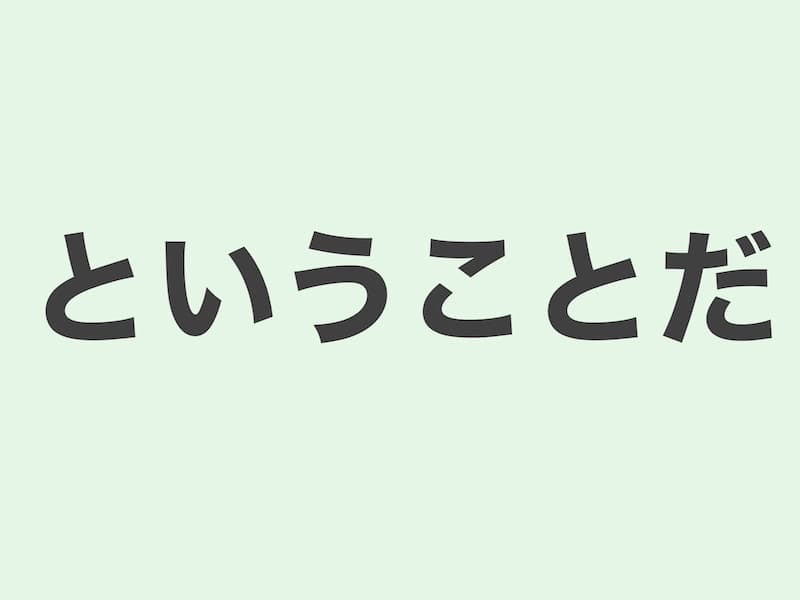説明 (Explanation)
①
文法(Grammar):普通形+ということだ
意味 (Meaning):そうです
英語(English):I heard・It is said
②
文法(Grammar):普通形+んだって・(名詞・な形容詞)なんだって
意味 (Meaning):そうです
英語(English):I heard・It is said
JLPT Textbook Recommendations
例文 (Examples)
①
- 田中さんは今日遅れるということだ。
- 明日は雨が降るということだから、傘を持って行こう。
- 会議は午後に延期されるということです。
- 明日は寒くなるということだから、温かい服を着て行きましょう。
- あのレストランは予約が必要だということですから、早めに予約しましょう。
②
- 部長は退職するんだって。
- 田中さんは引っ越しするんだって。
- あのレストラン、美味しいんだって。
- 京都はきれいなんだって。
- 明日は雨なんだって。
ひらなが (Hiragana)
①
- たなかさんはきょうおくれるということだ。
- あしたはあめがふるということだから、かさをもっていこう。
- かいぎはごごにえんきされるということです。
- あしたはさむくなるということだから、あたたかいふくをきていきましょう。
- あのレストランはよやくがひつようだということですから、はやめによやくしましょう。
②
- ぶちょうはたいしょくするんだって。
- たなかさんはひっこしするんだって。
- あのレストラン、おいしいんだって。
- きょうとはきれいなんだって。
- あしたはあめなんだって。
英語翻訳 (English Translation)
①
- Tanaka-san is said to be running late today.
- It is said that it will rain tomorrow, so let’s bring an umbrella.
- The meeting is said to be postponed to the afternoon.
- It is said that it will become cold tomorrow, so let’s wear warm clothes.
- It is said that reservations are necessary at that restaurant, so let’s make a reservation early.
②
- I heard the department head is going to retire.
- I heard Tanaka is going to move.
- I heard that restaurant is delicious.
- I heard Kyoto is beautiful.
- I heard it’s going to rain tomorrow.





コメント